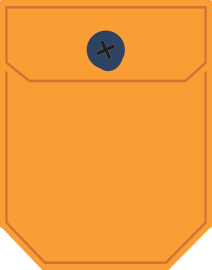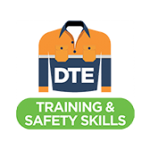Course Outline
This skill set provides the skills and knowledge required to operate and maintain breathing apparatus, identify, monitor and implement entry and control measures for hazardous materials and perform rescue operations across a range of situations including confined space.
The 5 units are incorporated into a 3 day training programme that covers the following areas:
- Identify workplace hazards, implement control procedures and monitor effectiveness of these controls
- Conduct pre-checks, don, operate and complete breathing apparatus operations
- Assess and identify hazardous materials
- Develop, implement and review entry plans into confined spaces
- Prepare and respond to rescue
- Contribute to risk assessment at the scene
- Perform and conclude rescue operations
Assessment
Both theory and practical assessments will be conducted throughout the course.
On successful completion participants receive an electronic Statement of Attainment.
Who Should Attend?
Workers who are required to enter an enclosed space which has hazardous gases/vapours or an anoxic atmosphere to perform rescue operations requiring the donning of breathing apparatus.
Legislation / Compliance
This course covers aspects relating to Australian standards:
- AS/NZ 1715 Selection, use and maintenance of respiratory protective equipment
- AS/NZ 1716 Respiratory protective devices
- AS/NZ 2865 Safe working in a confined space
- SAA/SNZ HB 76:2010 Dangerous goods—Initial response guide
Recognition of Prior Learning
Due to the risks involved and the recommendations of AS/NZ 1715, recognised prior learning is not applied.
To maintain currency, the Australian Standard AS/NZ 1715 recommends retraining annually.
Language Literacy & Numeracy (LLN)
To complete this course successfully, participants need to have reasonably well developed skills in areas such as reading, writing and communication.
Examples of LLN requirements participants will need to demonstrate include:
- Prepare and respond to rescue
- Select rescue equipment based on task
- Assess hazards, risks and physical features of confined space rescue scene
- Communicate using rescue terminology and techniques
- Calculate atmosphere gas levels and implement ventilation and appropriate respiratory protection
- Follow rescue procedures
- Complete operational documentation
Refund Policy
DTE has a fair and equitable refund policy in place containing guidelines guaranteeing the refund of fees to participants under reasonable circumstances. The management guarantees that DTE has a sound financial position and safeguards participant fees until used for training. Please ask for a copy of the refund policy.
We stand by our training excellence 100% and guarantee our product. Should for some valid reason the training does not meet your expectations we shall provide a full refund.
Commitment
Our facilities and experienced instructors ensure that graduates of our courses leave equipped with the knowledge and skills required for safe work in their chosen field with the breadth and depth of knowledge required for the role. In addition we offer an on-going support service to all course participants including student drop in contact days on a monthly basis.




